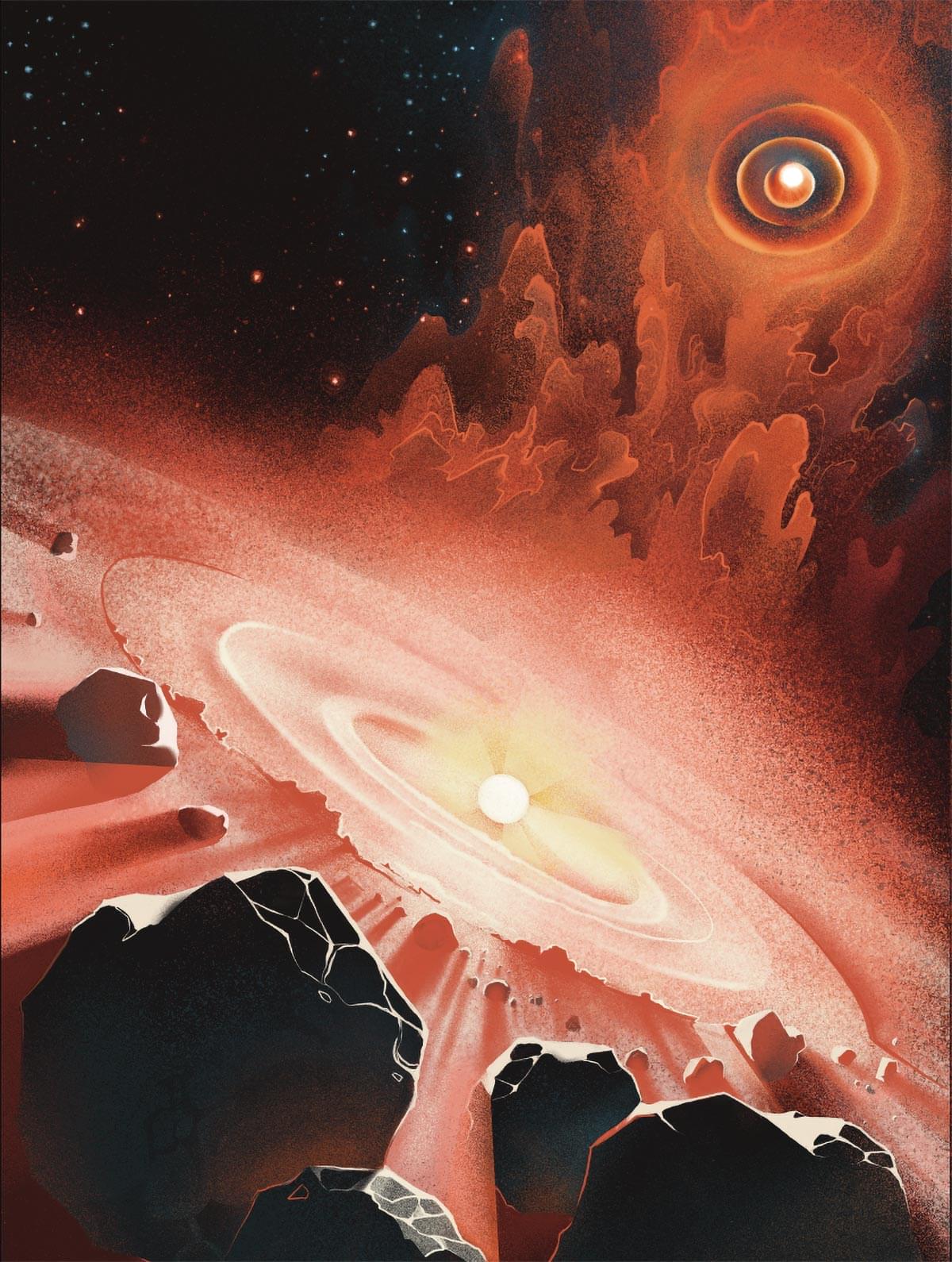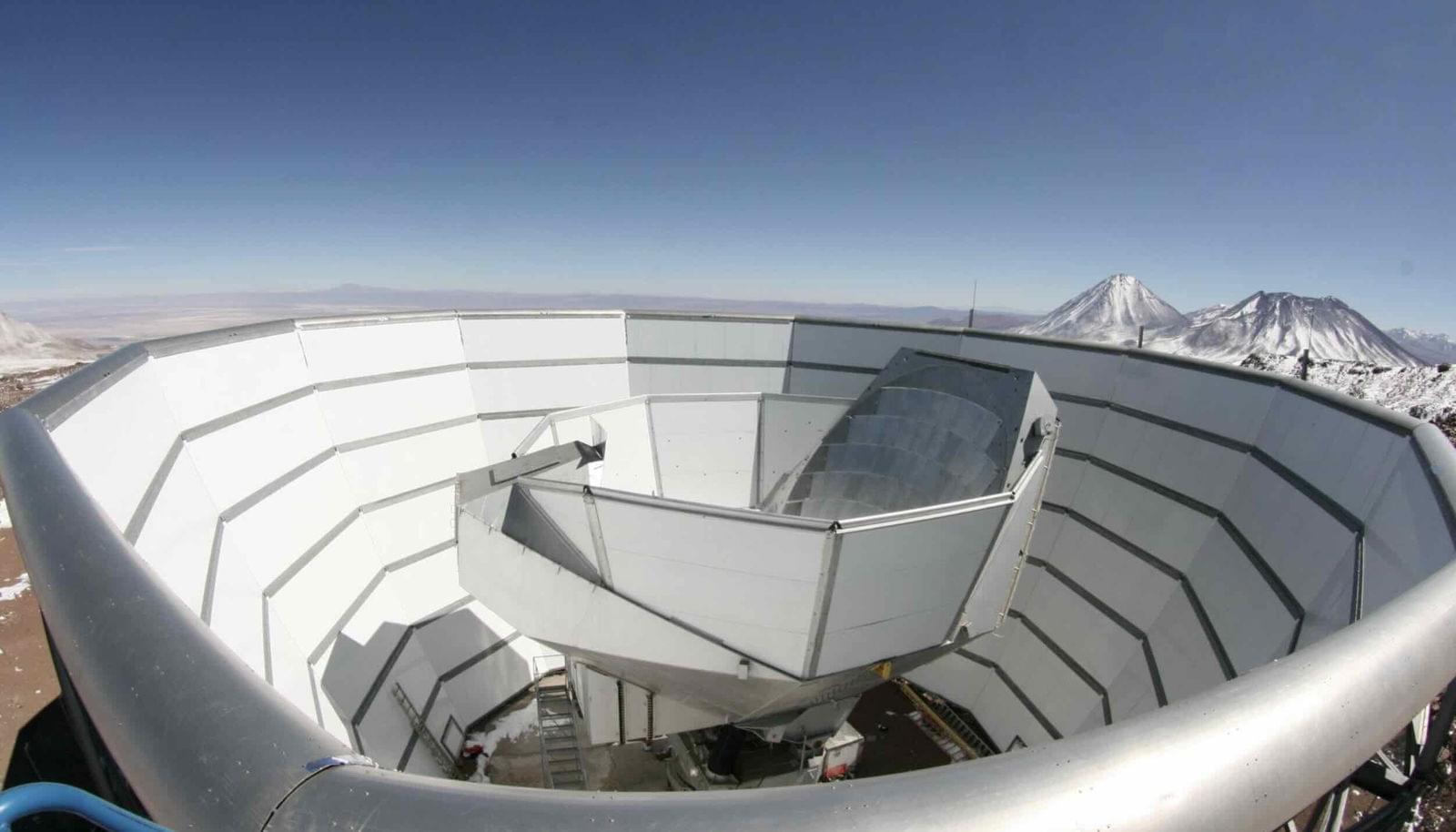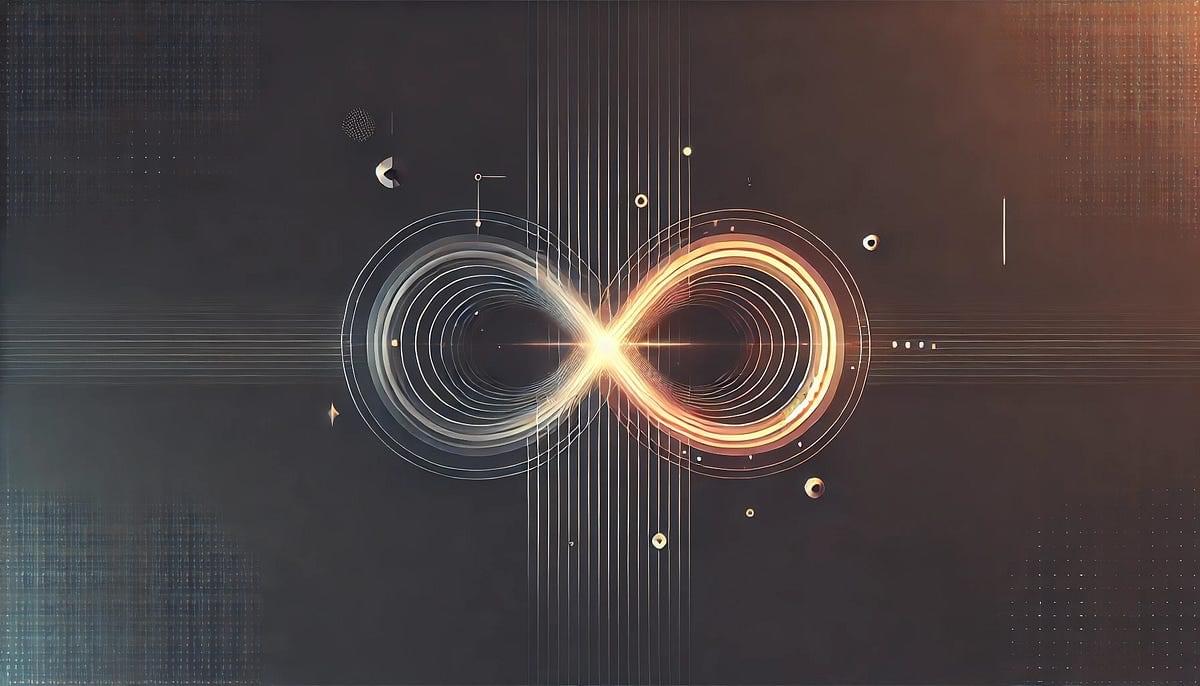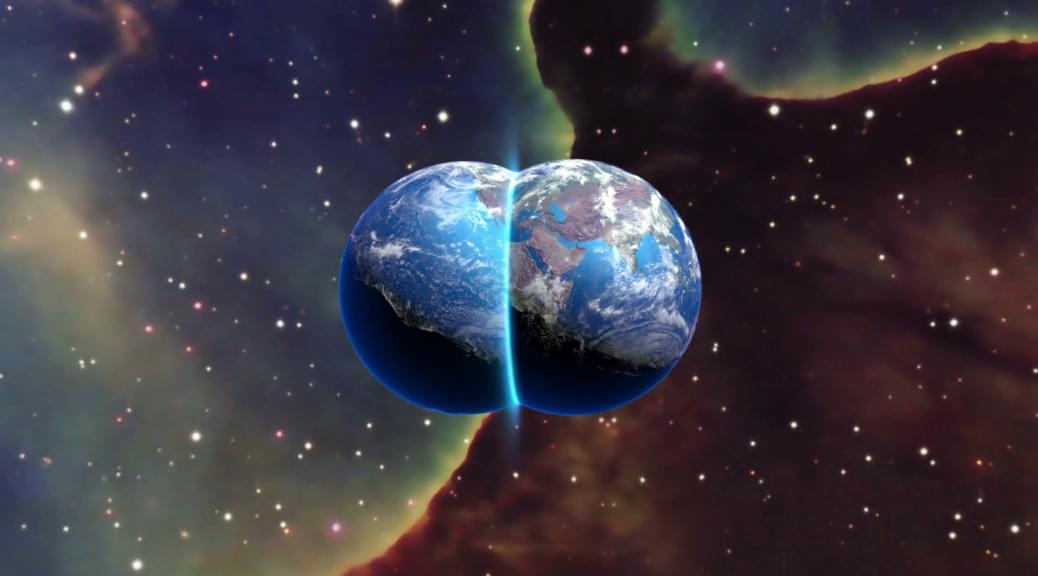Who i am and all my stuff here: https://hey.link/w8yiD ✅🎁🚀
Wanna watch more Free audiobook? Click here: • The Future is Matrix: AI, Virtual Worlds,… ✅
The Physics of Space Travel: Exploring Faster-Than-Light Travel is an exhilarating journey into the world of cutting-edge science and theoretical physics. Imagine a future where interstellar travel is not just a dream, but a reality. In this comprehensive and accessible guide, you’ll dive deep into the science behind faster-than-light travel, exploring concepts like Einstein’s theory of relativity, wormholes, warp drives, and quantum tunneling.
Whether you’re a space enthusiast, a science fiction fan, or simply curious about the future of space exploration, this book breaks down complex ideas into engaging, easy-to-understand chapters. Discover the latest theories in space travel technology, the role of dark matter and dark energy, and the tantalizing possibility of time travel. Along the way, we’ll explore the search for advanced extraterrestrial civilizations and how their discoveries could guide our own journey to the stars.
With vivid explanations, real scientific insights, and thought-provoking possibilities, The Physics of Space Travel is your essential guide to understanding how humanity might one day break the light-speed barrier and unlock the mysteries of the cosmos.




